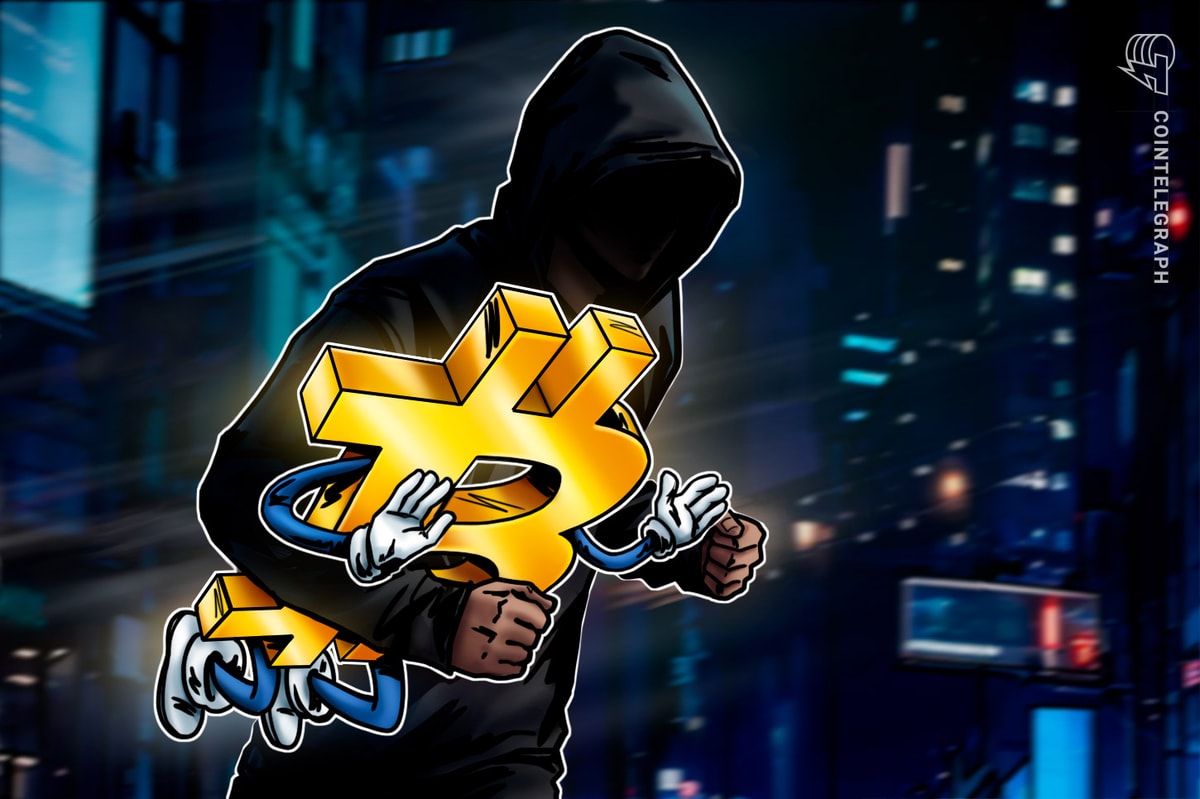
Anyone needing an established definition for "cryptocurrency," "blockchain" or "ICO" now has a trusted resource: the Merriam-Webster Dictionary. On March 5, 2018, Merriam-Webster announced the addition of 850 new words, phrases and new meanings for existing words to merriam-webster.com and to the Merriam-Webster’s Collegiate Dictionary print edition.
Oh hey.
Cool news.
We added 850 new words to the dictionary! https://t.co/eyYWKHKzk7— Merriam-Webster (@MerriamWebster) March 5, 2018
Interestingly for cryptocurrency enthusiasts, out of all 850 new words and phrases such as "dumpster fire," “glamping,” “welp,” and "life hack," the Bitcoin logo took center stage on both Merriam-Webster’s main tweet and its website announcement about the new dictionary entries. The website also features this statement just above the words "'Cryptocurrency' is now in the dictionary" and the Bitcoin logo:
The language doesn't take a vacation, and neither does the dictionary. The words we use are constantly changing in big ways and small, and we're here to record those changes. Each word has taken its own path in its own time to become part of our language — to be used frequently enough by some in order to be placed in a reference for all. If you're likely to encounter a word in the wild, whether in the news, a restaurant menu, a tech update or a Twitter meme, that word belongs in the dictionary.
Emily Brewster, associate editor at Merriam-Webster, stated, “In order for a word to be added to the dictionary it must have widespread, sustained and meaningful use. These new words have been added to the dictionary because they have become established members of the English language and are terms people are likely to encounter.” The addition to the Merriam-Webster dictionary of the words cryptocurrency, blockchain and ICO seem to fit those criteria well.
cryptocurrency noun cryp·to·cur·ren·cy ˌkrip-tō-ˈkər-ən(t)-sē , -ˈkə-rən(t)-sē : any form of currency that only exists digitally, that usually has no central issuing or regulating authority but instead uses a decentralized system to record transactions and manage the issuance of new units, and that relies on cryptography to prevent counterfeiting and fraudulent transactions. First Known Use: 1990
blockchain noun block·chain ˈbläk-ˌchān : a digital database containing information (such as records of financial transactions) that can be simultaneously used and shared within a large decentralized, publicly accessible network; also : the technology used to create such a database. First Known Use: 2011
ICO noun ˈī-ˈsē-ˈō : an initial offering of a cryptocurrency to the public : initial coin offering. First Known Use: 2014
Bitcoin was added to the dictionary in April of 2016.
The dictionary's editors added two other words that describe how money is organized and distributed: "microcredit" and "microfinance." Other new entries include previously existing words with additional new meanings, such as the venture capital term "unicorn" (noun used figuratively to mean a startup valued at $1+ billion); the psychophysical word "bandwidth" (noun used figuratively to mean "emotional or mental capacity"); and the web-centric words "case-sensitive" and "subtweet."
There were some tongue-in-cheek comments on the Twitter announcement, including "GenZ hijacking language and grammar, while the adults still think they are in control of the narrative;" "The damnable youths seek to corrupt the invaluable and inviolable institution of tongue to their own devices;" and "Didn't add covfefe?"
Merriam-Webster has not yet released a full list of the new words and phrases, though "HODL" is not included in the current update.









